Few could argue credibly that America, which outspends all other countries on health care, has the world’s best-trained physicians, the best-equipped hospitals and incomparable technical innovation, should not have the world’s best health care system.
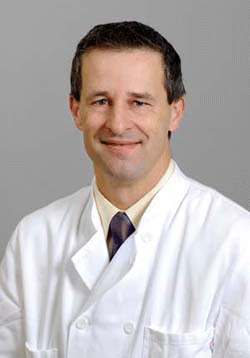
Randomized Trial Shows No Benefit of Intra-Arterial Chemoradiation Delivery in Head and Neck Cancer
Nonrandomized trials have suggested that intra-arterial delivery of chemoradiation would be superior to intravenous delivery of comparable chemoradiation in patients with inoperable head and neck cancer.
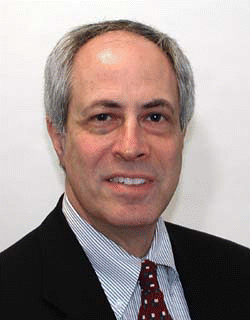
Tips for Better Specialist-Generalist Communication in Treatment of Pediatric Patients
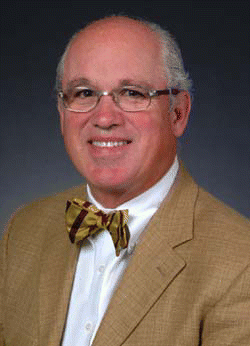
Collegial Relationships: Extending Otolaryngology Practice with Other Professional Providers
Harold (Rick) Pillsbury, MD, President-Elect of the Triological Society, has been predicting for 10 years that there would be a need to hire people to help extend otolaryngology practices—in other words, physician assistants (PAs) and nurse practitioners (NPs). “I was right. That makes me the soothsayer here,” he joked.
Pay for Performance: Here to Stay-for the Time Being
Improving health care quality is absolutely the right thing to do for our patients, and different approaches are being used by the various organizations involved in health care.
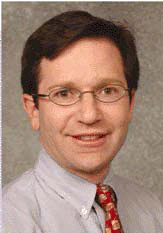
How Accurate Are Parents’ Perceptions of Their Children’s Conditions?
How much stock should otolaryngologists put into the parental interpretations of their child’s complaints? According to Ellen M. Friedman, MD, an otolaryngologist in Houston, parental descriptions are an important part of patient histories, but you still need to perform objective measures.
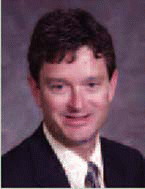
The Otolaryngologist as Sleep Physician
Many non-otolaryngologists, and even some otolaryngologists, ask: Why would surgeons-especially busy ones-care about sleep medicine? Do they really want to read sleep studies?

At the Sharp End of the System: Disclosure and Apology in Otolaryngology
When the team of otolaryngologists from Children’s Hospital in Boston, including Drs. David Roberson and Rahul Shah, among others, investigated the classification of errors and physician responses to errors as it is germane to otolaryngology, they provided a great service to their fellow specialists.
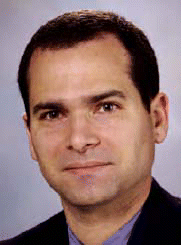
Exploring Links Between Smoking, Diet, and Oral Cancer Risk: What Should Be Message to Patients?
According to the American Cancer Society, smokers are six times more likely than nonsmokers to develop oral cavity and oropharyngeal cancers.
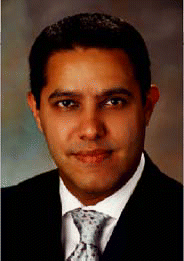
Maximizing Results and Minimizing Complications during FESS
- « Previous Page
- 1
- …
- 96
- 97
- 98
- 99
- 100
- …
- 108
- Next Page »
